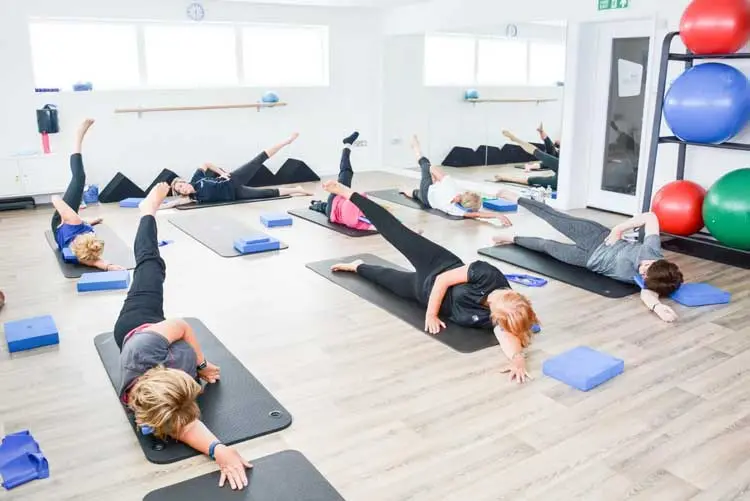 Since the Covid-19 pandemic, we have seen an increase in mental health issues in the general population. From a clinician’s perspective there has been more and more psychological risk factors affecting those with injury or musculoskeletal (MSK) conditions since the pandemic. Stress or anxiety or any mental health issue can manifest themselves in a variety of ways within the body, whether that is:
Since the Covid-19 pandemic, we have seen an increase in mental health issues in the general population. From a clinician’s perspective there has been more and more psychological risk factors affecting those with injury or musculoskeletal (MSK) conditions since the pandemic. Stress or anxiety or any mental health issue can manifest themselves in a variety of ways within the body, whether that is:
- psychological (thoughts/emotions)
- physically or physiologically (tension within muscles/ and increased pain perception) or
- systemically (feelings of nausea, tummy upsets & fatigue)
Personally, as a Senior Therapist I have seen patients with issues such as lower back conditions and coincidental mental health issues or a negative mindset from having this long term pain. Often this type of presentation fears the worst for their backs and think they will never get back to normal life. Treatment physically is helpful, but the key turning point of that injury is addressing the psychological risk factors (e.g. the patient seeking help from a healthcare professional) or a change of attitude/lifestyle from the patient (e.g. better management of their mental health by practicing exercise, mindfulness, talking with family/friends etc).
The building of a rapport with each of our patients, helps us to understand them as a whole and therefore help them to believe that their injury or MSK conditions can get better. It’s a total change in their belief system.
As clinicians here at goPhysio we want to help our patients holistically, looking at the whole individual rather than just the injury. We use the stress bucket analogy, listening to the whole picture and helping to educate on how to empty said “stress bucket” to a more “normal” threshold. Yes, on the most part we can focus on physical symptoms of an injury, but if psychological risk factors are not addressed, the injury may return or not be adequately managed. Not to mention how pain is affected by our psychological well-being – this is complicated!
We are not pledging to be able to help all psychological risk factors for injury, but we can certainly educate on self-management techniques, make you more aware when your mental health is affecting you physically and refer to counsellors, psychological therapists, or your GP, if we feel this will help your physical symptoms and general wellbeing.
For more information see links below:
by Sheena Davis (Sports Therapist)



